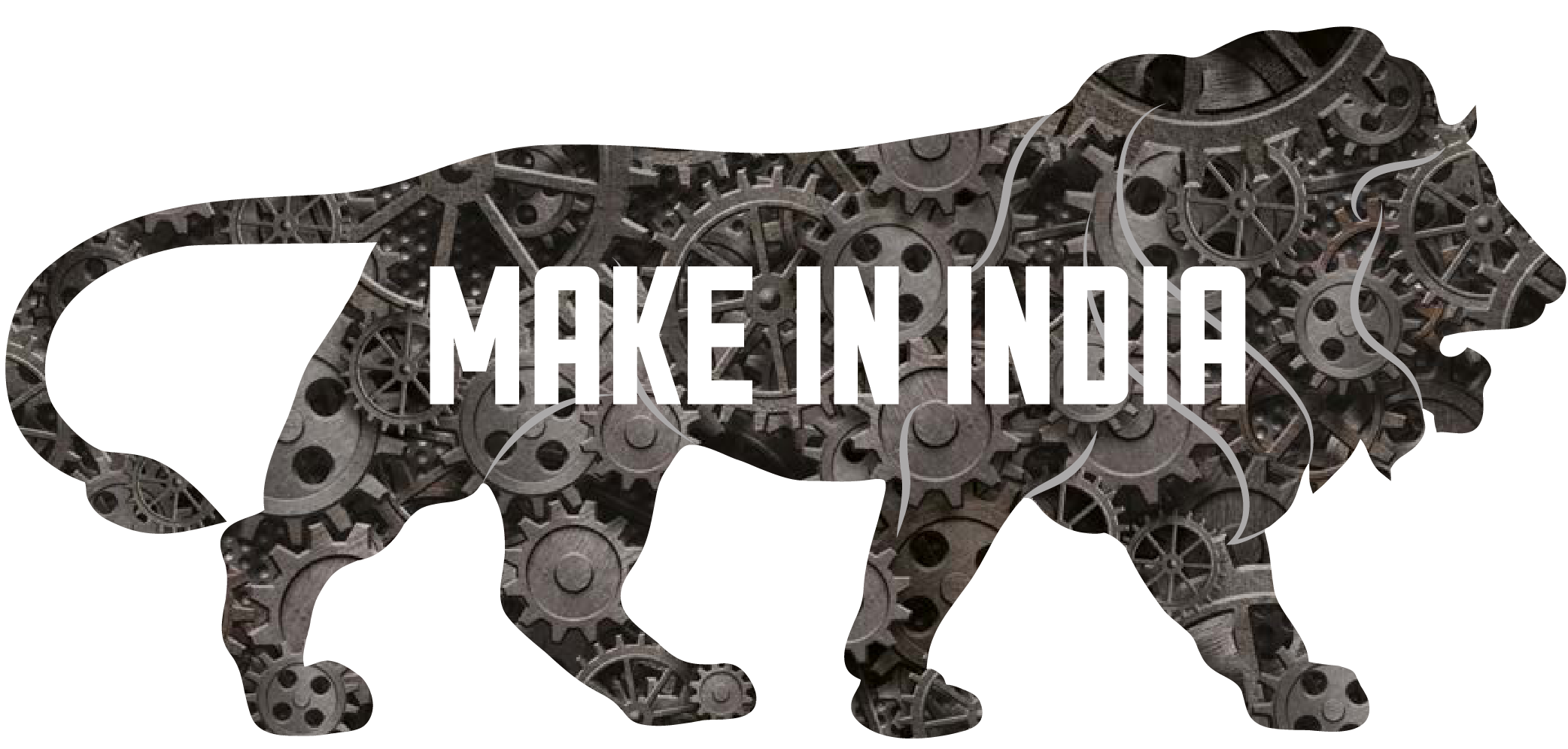The Future of Blockchain in Enhancing Waste-to-Energy Supply Chains
In recent years, waste-to-energy technologies have gained significant attention as a sustainable solution for managing waste and generating clean energy. These technologies convert waste materials into energy through various processes such as incineration, gasification, and anaerobic digestion. Waste-to-energy plants play a crucial role in reducing the volume of waste sent to landfills and mitigating greenhouse gas emissions. However, the efficiency and transparency of waste-to-energy supply chains can be further enhanced through the integration of blockchain technology.
Blockchain is a distributed ledger technology that enables secure and transparent transactions without the need for intermediaries. It allows multiple parties to share and verify information in a decentralized manner, increasing trust and accountability in supply chain processes. By leveraging blockchain, waste-to-energy supply chains can streamline operations, improve traceability, and optimize resource utilization.
One of the key advantages of blockchain technology in waste-to-energy supply chains is its ability to improve traceability and transparency. In traditional supply chains, tracking the origin and destination of waste materials can be challenging due to the lack of a centralized database. With blockchain, each transaction is recorded in a secure and immutable ledger, providing a transparent audit trail of every step in the supply chain. This increased visibility can help prevent fraud, identify inefficiencies, and ensure compliance with regulations.
Another benefit of blockchain technology is its potential to optimize resource utilization in waste-to-energy supply chains. By digitizing waste management processes and creating decentralized marketplaces, blockchain can facilitate the efficient exchange of waste materials between producers, processors, and energy suppliers. This real-time data exchange allows stakeholders to make informed decisions on waste collection, treatment, and energy generation, ultimately improving the overall efficiency of the supply chain.
Furthermore, blockchain can enhance the sustainability credentials of waste-to-energy projects by enabling the creation of verifiable carbon credits. By recording the amount of greenhouse gas emissions reduced through waste-to-energy processes, blockchain can issue carbon credits that can be traded on carbon markets. This incentivizes waste management companies to adopt cleaner technologies and promotes the transition towards a low-carbon economy.
In addition to traceability, resource optimization, and carbon credits, blockchain technology can also drive innovation in waste-to-energy supply chains through smart contracts. Smart contracts are self-executing agreements with predefined rules and conditions that are automatically enforced when certain criteria are met. In waste-to-energy supply chains, smart contracts can automate payment processes, verify the quality of waste materials, and optimize energy production based on Voltprofit Max real-time data. This level of automation can reduce administrative costs, minimize errors, and improve the overall efficiency of waste-to-energy operations.
Despite the numerous benefits of blockchain technology in enhancing waste-to-energy supply chains, there are still challenges that need to be addressed. These include the high energy consumption of blockchain networks, scalability issues, and regulatory concerns. However, ongoing research and development in blockchain technology are focusing on resolving these challenges and improving the scalability, security, and sustainability of blockchain solutions.
In conclusion, the integration of blockchain technology in waste-to-energy supply chains holds great potential for transforming the waste management industry. By enhancing traceability, resource utilization, sustainability, and innovation, blockchain can drive operational efficiencies, reduce costs, and create new opportunities for waste-to-energy projects. As governments and industries increasingly prioritize sustainability and circular economy practices, blockchain technology is poised to play a key role in revolutionizing waste-to-energy supply chains in the future.


